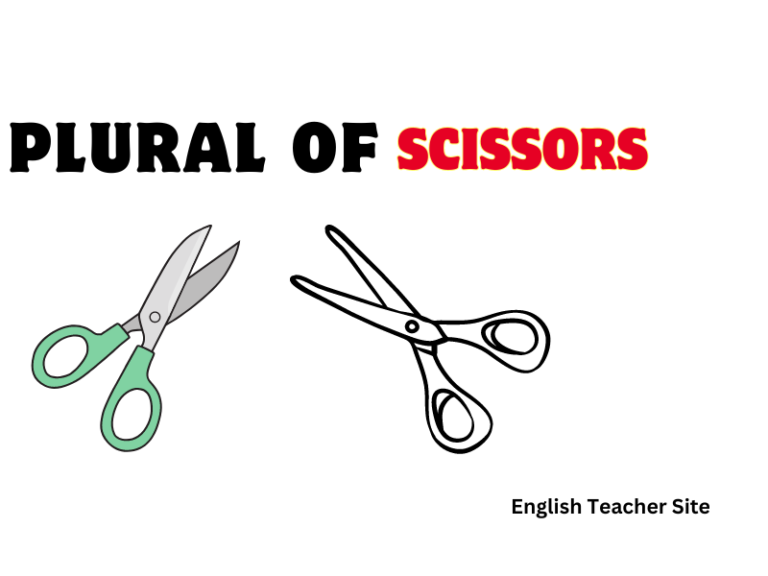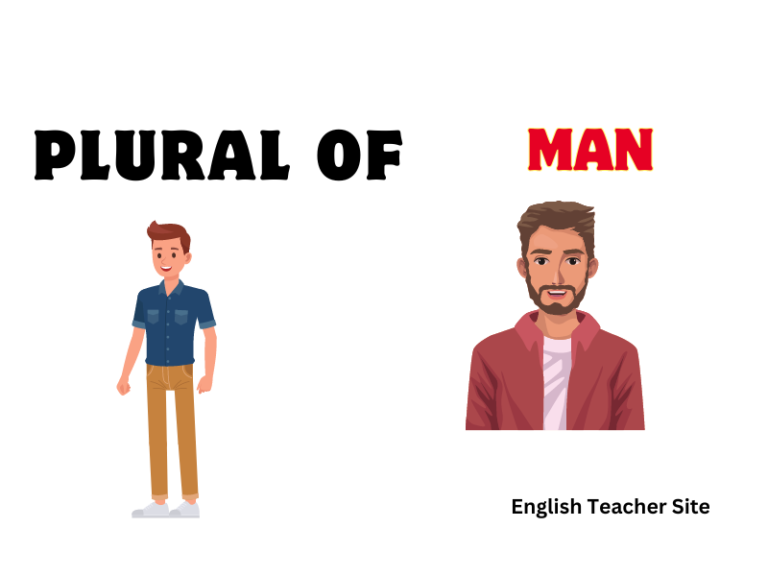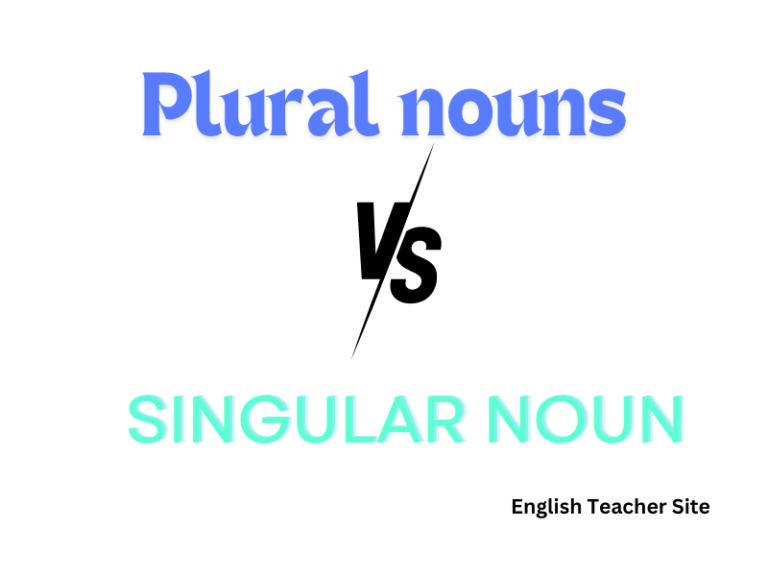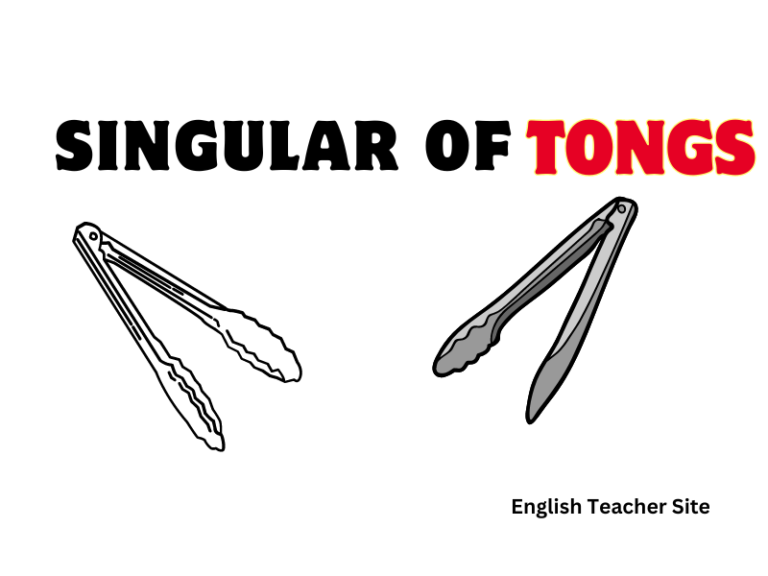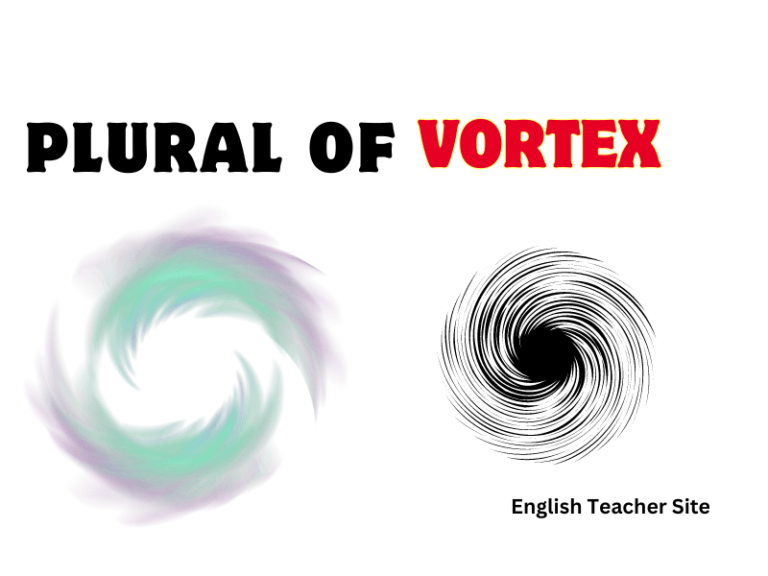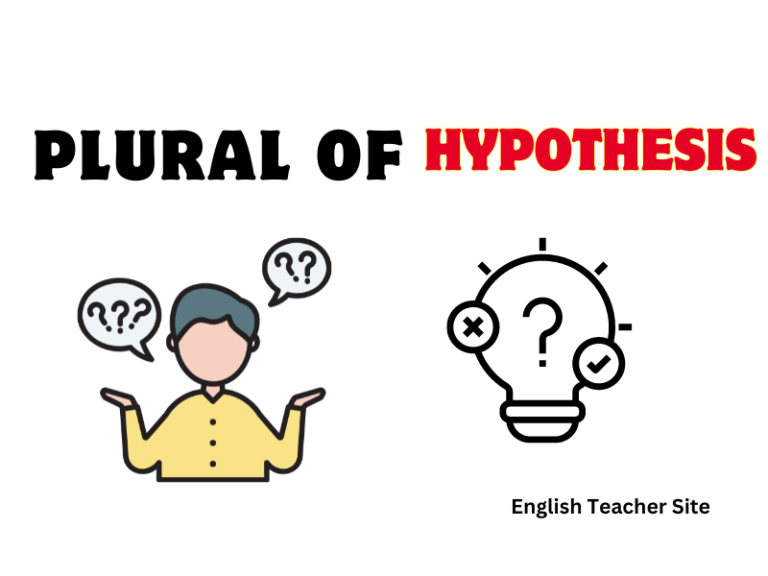What’s the Plural of Child: Understanding Simple English Plurals
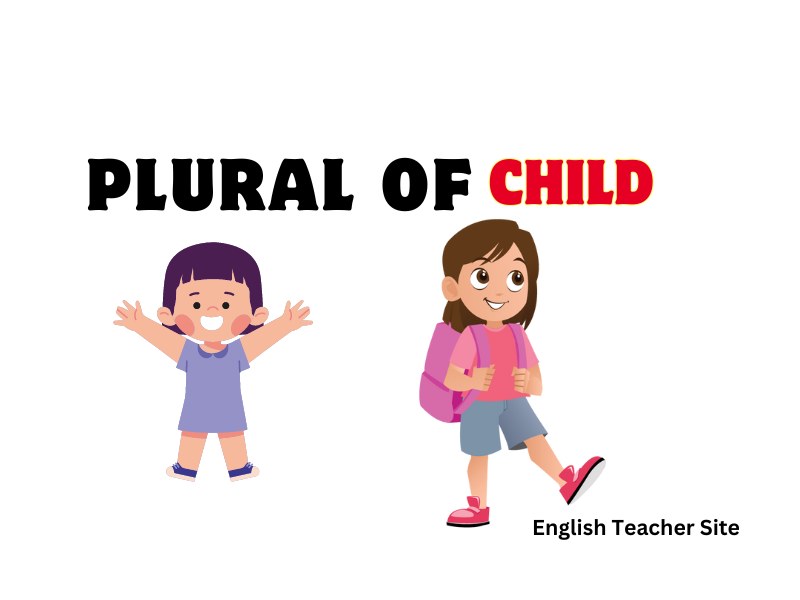
- The plural of “child” is “children,” deviating from the standard ‘s’ or ‘es’ pluralization rule.
- Mastery of the singular and plural forms of nouns is key to English grammar and constructing proper sentences.
- “Children” is the standard plural form, while other historical plurals like “childer” are largely obsolete.
When it comes to the term child, the plural form doesn’t follow the common rule of simply adding an ‘s’ or ‘es’ to the end of the word. Instead, the term children is used to refer to more than one child. This irregularity is a significant aspect of English grammar and vocabulary that learners and speakers alike must understand.
What’s the Plural of Child?
The plural of “child” is children. This irregular form is a holdover from Old English, where certain nouns would change their vowel sounds in the plural. These are known as mutated plurals. “Children” belongs to this category—like “men” from “man,” and “feet” from “foot.”
Let’s break down this information into clear points:
| Singular | Plural |
|---|---|
| child | children |
It is important to note that the plural “children” does not end with “s” or “es,” which is common among plural nouns.
Examples of correct usage include:
- I have three children.
- The children are playing in the park.
In comparison, one should never say “childs” when referring to more than one child:
| Incorrect | Correct |
|---|---|
| childs | children |
Singular Form of Child
The singular form of child is simple yet foundational. It refers to one individual who is below the age of adulthood.
- Usage: The singular child is often used when mentioning one particular individual.
- Example: “The child played in the park.”
There are instances where possessive forms come into play, which is essential to distinguish:
| Form | Usage |
|---|---|
| Child | Refers to one young person. |
| Child’s | Indicates something belongs to one young person. |
- Grammar Rule: “Child” remains unchanged for singular possessive cases as in “the child’s toy.”
- Key Points: “Child” never pluralizes by adding “s” or “es” which is a common method for other nouns.
In early education, it is vital that students understand:
| Concept | Importance |
|---|---|
| Singular Form | Basis for language development and communication |
| Grammar Rules | Crucial for proper English usage |
Child/Children: Definition and Meaning
In the English language, the term child refers to a young human being who has not yet reached puberty. The usage of child also extends metaphorically to denote someone who is childlike or inexperienced in certain aspects of life. The identification of a child is not solely constrained by physical age; it also encompasses emotional and developmental attributes.
Table 1: Stages of Childhood
| Stage | Age Range |
|---|---|
| Infant | 0-1 years |
| Toddler | 1-3 years |
| Preschool | 3-5 years |
| School-age | 6-12 years |
Children, as they grow, pass through distinct stages of development, each accompanied by its own challenges and milestones.
Table 2: Singular and Plural Forms
| Singular | Plural |
|---|---|
| Child | Children |
- Singular Example: There is one child in the room.
- Plural Example: There are children playing in the park.
The term child can be modified for possessive cases. For singular, it is “child’s,” and for plural, it is “children’s.”
- Singular Possessive Example: The child’s toys are on the shelf.
- Plural Possessive Example: The children’s playground is under renovation.
Other Irregular Nouns
Here’s a concise list of several irregular nouns in English:
| Singular | Plural |
|---|---|
| Man | Men |
| Woman | Women |
| Tooth | Teeth |
| Foot | Feet |
Certain words undergo vowel changes, some also have endings added, and others have a completely different form in the plural:
| Singular | Plural |
|---|---|
| Mouse | Mice |
| Louse | Lice |
| Goose | Geese |
| Cactus | Cacti |
Note the following patterns in irregular plural nouns:
- A change in the internal vowel of the word (e.g., “man” to “men”)
- Words that maintain their Latin or Greek form in plural (e.g., “cactus” to “cacti”)
- Nouns that change entirely (e.g., “child” to “children”)
Additionally, some irregular plurals involve no change at all:
- Deer
- Sheep
- Species
Synonyms for Child
Common Synonyms:
These synonyms are frequently used in everyday language and are widely recognized.
- Kid
- Youngster
- Juvenile
- Youth
- Toddler
Formal and Informal Synonyms:
| Formal Terms | Informal Terms |
|---|---|
| Infant | Kiddo |
| Adolescent | Teen |
| Minor | Moppet |
These words may be used in different contexts; for example, “infant” suits a very young child, whereas “adolescent” applies to older children, typically in their teenage years.
Age-Specific Synonyms:
Below is a categorized list highlighting synonyms according to specific age groups:
| Babies and Toddlers | School-Age Children | Teenagers |
|---|---|---|
| Infant | Pupil | Teen |
| Newborn | Schoolboy/girl | Adolescent |
| Babe | Juvenile | Young adult |
It’s important to use these words appropriately to convey the correct age group. “Infant” refers to the earliest stage of childhood, while terms like “schoolboy/girl” pinpoint the primary education years.
Creative Synonyms:
To add some creativity to language, one may use these playful yet less formal synonyms:
- Cub
- Chick
- Whippersnapper
- Tyke
- Sprout
These synonyms might appear in literary works or casual speech to add color and convey a light-hearted toneز
Examples of Child in Sentences
Singular and Plural Uses:
| Singular “Child” | Plural “Children” |
|---|---|
| The child plays. | The children play. |
| A child is reading. | Several children are reading. |
Using this noun in sentences depends on the context and the sentence structure. Here are some examples that distinguish between singular and plural use:
- Singular: A child should be encouraged to explore his or her interests.
- Plural: Children often enjoy playing outside.
Sentence Construction:
- When referring to one offspring: The Jones family has one child.
- When referring to more than one offspring: The Jones family has three children.
- Every child has a unique way of learning.
- Teachers must adapt their methods to cater to different children.
- A child’s education is critical for his or her development.
- Schools often encourage children’s participation in various activities.
Examples of Children in Sentences
Table 1: Subject Position
| Sentence | Function |
|---|---|
| The children are playing in the park. | “Children” as subject of the sentence |
| Children often enjoy storytelling. | “Children” as an implied subject |
Table 2: Object Position
| Sentence | Function |
|---|---|
| The teacher praised the children for their hard work. | “Children” as the direct object |
| Gifts were distributed among the children at the event. | “Children” as the indirect object |
- In sentences where actions are committed by the group, “children” becomes the driving subject, as in, Children love to explore their surroundings.
- When “children” is the recipient or affected entity, the plural serves as an object, Novels for children should be both engaging and educational.
It’s important to note the use of possessive cases involving “children”:
- As a possessive modifier in a singular sense, The children’s playground was renovated.
- For individual possession among a group, Each of the children’s test results showed improvement.
Origin of the Word “Child”
The term child has a profound linguistic heritage rooted in the history of the English language. It originated from the Old English word cild, which referred to a “fetus, infant, unborn or newly born person.” This noun is derived from Proto-Germanic *kiltham, a form with intriguing linguistic links within the Germanic language family.
| Germanic Languages | Terms Related to “Child” |
|---|---|
| Old English | cild “fetus, infant” |
| Gothic | kilþei “womb” |
| Danish | kuld “children of the same marriage” |
| Old English | cildhama “womb, lit. ‘child-home'” |
The plural form of child in Old English initially did not differ from its singular, but over time, the language evolved to clarify singular versus plural, creating the plural form cildru or cildra. The modern plural children emerged in the late 12th century, a compound plural form.
| Old English Plurals | Evolution to Modern English |
|---|---|
| Singular: cild | Singular: child |
| Early plural: cild (identical) | Modern plural: children |
| Later plural: cildru/cildra | (becomes obsolete) |
Interestingly, cildham, meaning “child-home” or “womb,” underscores the intimate connection between language and human development, recognizing the concept of growth and origin. The pluralization of “child” to “children” demonstrates the dynamic nature of English as linguistic changes are adopted for practicality and clarity. The unique double plural ending in -en, found in children, reflects this adaptability, setting English apart from other Germanic languages in its approach to plural nouns.
Sources
My name is Khamis Maiouf. I am the creator of the English Teacher Site, dedicated to providing valuable resources and insights for students around the world. With a passion for education and a commitment to helping students enhance their skills, I aim to make English teaching more effective and enjoyable for both educators and students.

